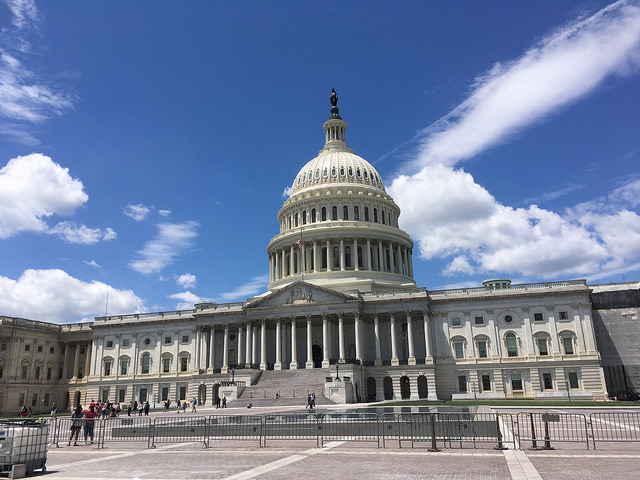
Lawmakers across the political spectrum agree that the convoluted healthcare system needs reform.
One way, they should look to achieve reform is through passing S.344/H.R. 990, the Hatch-Waxman Integrity Act introduced by Senator Thom Tillis (R-NC) and Congressman Bill Flores (R-Texas). This proposal contains a modest, commonsense reform to the system of pharmaceutical patent review in order to curb repetitive, frivolous litigation.
ATR supports this legislation and urged Senators & Congressman to support and co-sponsor the proposal in a recent letter.
Click here to read the full letter.
Under this legislation, a generic manufacturer wishing to challenge a patent must choose between the Hatch-Waxman framework and the inter party review system. Neither pathway will be eliminated, however a generic challenger may only use one.
Currently, generic manufacturers have two pathways to challenge branded drug parents, which exposes innovators to a system of “double jeopardy” where an innovator can be exposed to litigation costs twice. Medical innovation is already a time consuming & expensive process – on average it costs $2.6 billion and more than a decade of research time for each new medicine that hits the market.
First, generic manufacturers can challenge the patent under the Hatch-Waxman framework, which is exclusive to pharmaceutical patents. Under this system, a generic manufacturer can challenge a patent in federal district court with the burden of proof resting on the challenger. This system has proven successful in balancing the competing interests of protecting IP rights and the costs expended by innovators with the need to promote competition and access to medicines.
In addition to Hatch-Waxman, generic manufacturers can challenge patents through the inter parties review process (IPR) created in 2012 through the America Invents Act. Unlike Hatch-Waxman, which is available only to pharmaceutical patents, IPR is available to all patents.
As a result, IPR challenges in the pharmaceutical sector have become an unintended consequence of this law as it was intended to curb patent trolls that largely existed in the tech industry.
Importantly, this proposal does not restrict the ability of generic manufacturers to initiate a patent challenge. Instead, this proposal eliminates frivolous repetitive challenges in order to restore certainty to the system.
The Hatch-Waxman Integrity Act is a modest, yet commonsense reform to the healthcare system and should be supported by all members of Congress and Senators.

